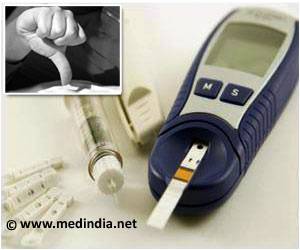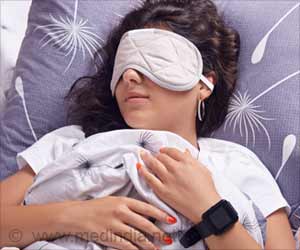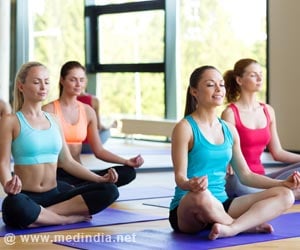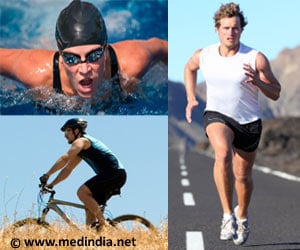Ten minutes of receiving a massage or just resting is sufficient to relax the body by boosting the parasympathetic nervous system (PNS).

‘Ten minutes of massage and resting results in high levels of psychological and physiological relaxation by boosting the body’s principal engine of relaxation- the parasympathetic nervous system (PNS).’
Read More..




The study provides the first indication that short-term treatments can robustly reduce stress by boosting the body's main engine for relaxation - the parasympathetic nervous system (PNS). Read More..
Stress negatively affects the body. However, our bodies have an inbuilt regenerative system known as PNS. PNS wards off stress during times of threat.
Massage has always been used to improve relaxation. However, no systematic approach exists to confirm the effects of a massage on the PNS.
Boosting the body's engine for relaxation
The study indicates that massage is an easy intervention when stressed. It boosts PNS, the body’s principal relaxation to reduce mental stress.
Advertisement
Standardized testing approach
Two different massages were given on human subjects for 10 minutes in the laboratory.
- A head-and-neck massage which applies moderate pressure on the vagal nerve was designed to stimulate the PNS actively
- A neck-and-shoulder massage with soft stroking movements was designed to examine whether just touch can be relaxing.
- A control group of participants were tested for the effect of rest without tactile stimulation
Psychological relaxation was measured by asking participants to describe how relaxed or stressed they feel.
Ten minutes of resting or receiving a massage in participants resulted in a psychological and physiological reduction in stress.
All participants reported that they felt more relaxed and less stressed, compared with before the treatments.
All participants also showed significant increases in heart rate variability, which demonstrates that the PNS was activated and the body physiologically relaxed just by resting alone.
The physiological effect of relaxation was more prominent when participants received either massage.
Small moments with big impact
A standardized method for robustly testing and validating relaxation therapies paves the way for further experiments to test the effects of additional relaxation interventions that could be used in prevention or rehabilitation programs for people suffering from stress.
"Massage, being such a commonly used relaxation therapy, was our first study," says Meier."Our next step is to test if other short interventions, like breathing exercises and meditation, show similar psychological and physiological relaxation results."
Source-Medindia















